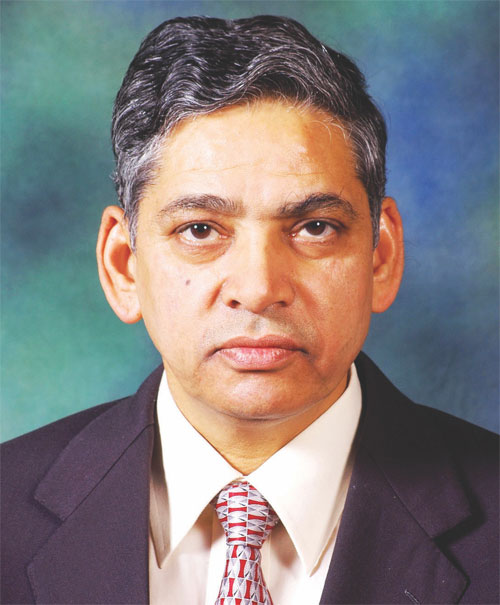
Dr KK Talwar, Chairman, Medical Council of India is working towards strengthening and providing high quality medical education, which is meaningful to the growth of medical services in the country. In an interaction with Dhirendra Pratap Singh, he shares insights about the medical education scenario in India
 What is the role of MCI in enhancing and streamlining medical education in India?
What is the role of MCI in enhancing and streamlining medical education in India?
The Medical Council of India was established in 1934 under the Indian Medical Council Act, 1933, now repealed, with the main function of establishing uniform standards of higher qualifications in medicine and recognition of medical qualifications in India and abroad. The objectives of the Council are maintenance of uniform standards of medical education, both undergraduate and postgraduate, recommendation for recognition/de-recognition of medical qualifications of medical institutions of India or foreign countries and permanent registration or provisional registration of doctors with recognised medical qualifications.
The number of medical colleges had increased steadily during the years after Independence. It was felt that the provisions of Indian Medical Council Act were not adequate to meet with the challenges posed by the very fast development and the progress of medical education in the country. Hence, the Medical Council of India came into being for streamlining medical education in the country.
According to you, what should be done to improve the quality of medical education in our country?
There is a lot of work to be done to ensure that the quality of medical education being provided in the country maintains the highest standards.
Our team is working at understanding the problems and challenges at hand and ensuring that we have a solution that is not just workable but also brings in good results. The need to streamline medical education was an urgent one. Besides basic medical education there is also an urgent need to look at higher medical research programmes and the education provided by private players in the field of medicine.
The Medical Council of India had already issued a notification announcing nationwide common entrance examination for admissions to medical colleges in the country which the Centre promptly withdrew following protests by southern states. The Central government is also considering for inclusion in the 12th plan a major programme to support high-focus states to set up or expand medical colleges.
In the modern age of technology, faculty training is also an important part of medical education. What steps has been taken for faculty development in medical colleges?
We have Faculty Development Programmes to improve the quality of medical training by training the teachers. The aim of these programmes is to sensitise teachers about new concepts in teaching and assessment methods, to develop knowledge and clinical skills required for performing the role of competent and effective teacher, administrator, researcher and mentor, to assist clinicians to acquire competency in communication and behavioral skills and update knowledge using modern information and research methodology tools.
The Medical Council of India has made it mandatory for all medical colleges to establish Medical Education Units (MEUs) or departments in order to enable faculty members to avail modern education technology for teaching. In order to boost this activity, MCI has been conducting Faculty Development Programmes through selected Regional Centres, since July 2009. These Centres are located at institutions which have trained manpower in Medical Education Technologies (MET).
| The Central government is also considering for inclusion in the 12th plan a major programme to support high-focus states to set up or expand medical colleges |
MCI has restructured itself, so what are your plans to bring reforms in the regulatory process for better medical education in India?
We want to make regulatory and assessment processes more objective. They should be more transparent and in public domain. We have constituted an academic council to look into this which consists former dean of AIIMS and heads of medical education wings. This is one thing that MCI has done. Secondly, we want to improve quality of education in medical colleges. The quality of medical education in medical colleges is deteriorating and MCI is public eye. So, we have tried to create such centres for training of teachers of colleges in the emerging fields such as tele medicine. We are making the profession attractive again. Bright students are not coming into medicine. Earlier, medicine was one of the top professions but now, due to various reason students don’t find medicine course charming.Under graduate seats have increased. Today society needs specialties. Every student who enters into medicine wants to do post graduate. Student is asking himself that why I should invest my career in medicine. Post graduates seats need to be increased. Of course private colleges, capitation fees are the issues and younger students from poor families can’t afford high college fees. Our system is such that students are scared to take loan from banks. We cannot change the system overnight. Most of the brightest students still live in rural areas. We have to create options for them.We cannot afford to send them cities for these academics. We should come into the government sector so they may more affordable rather than private sector. Also, we are looking that how can we increase teacher pool.
What needs to be done with medical education to bridge the rural-urban healthcare divide?
This is a serious issue that how we can send doctors in peripheral areas. Our rural healthcare system should be addressed on priority. The rural health infrastructure should be improved.





















